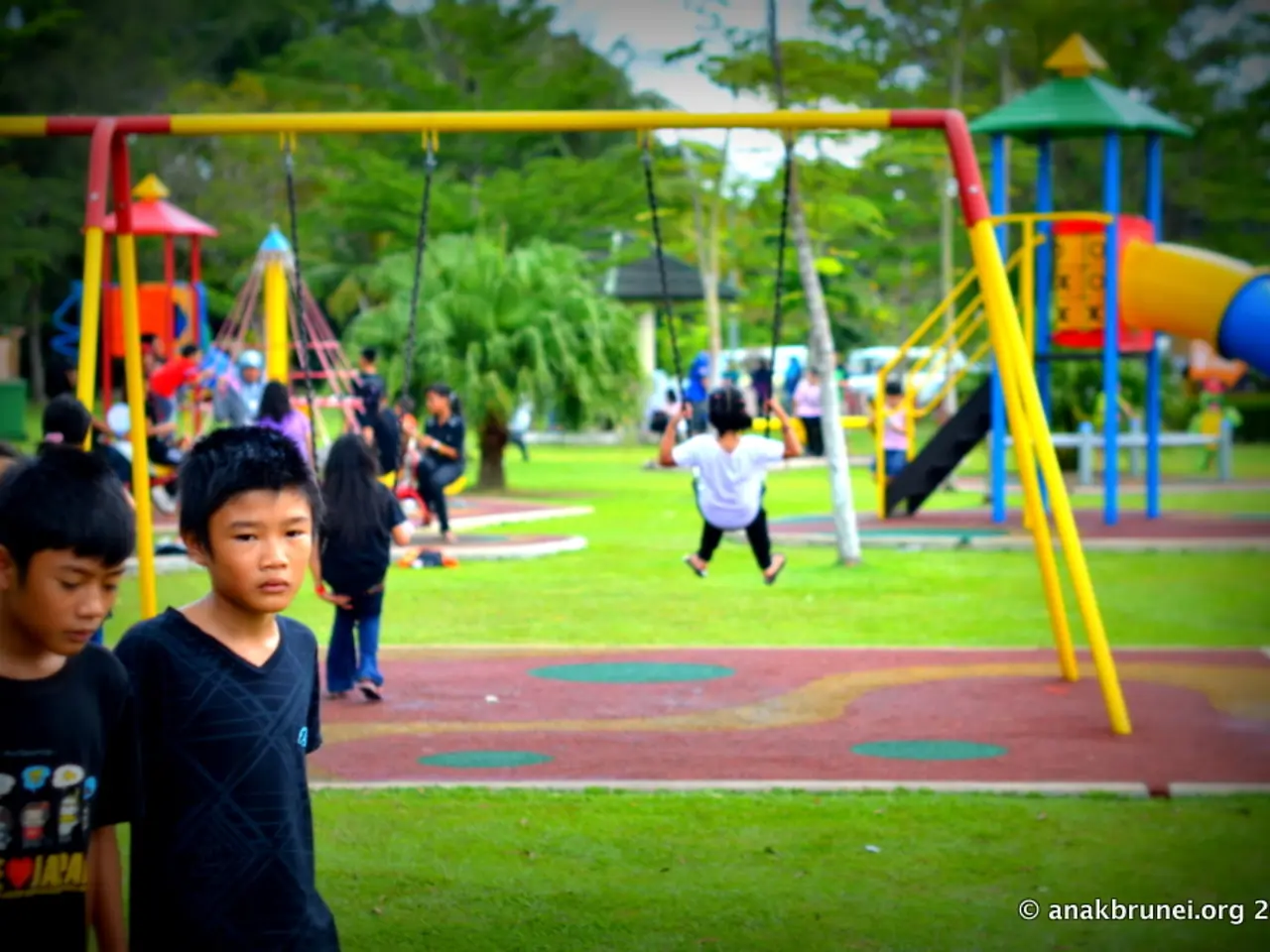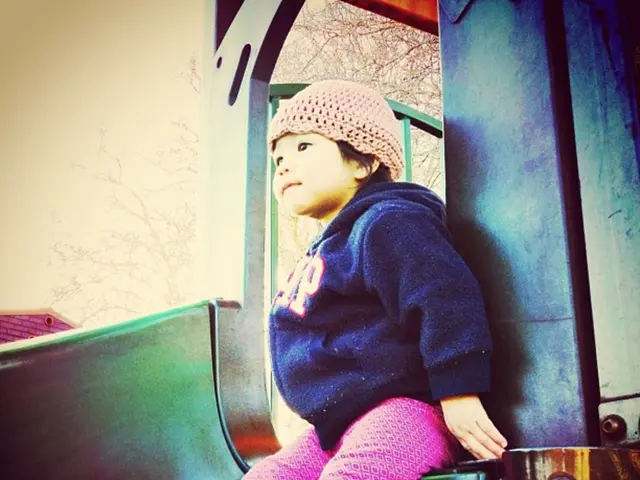Exploring Mother Earth: Children's Health Improvement through Dirt Activities
Klara Grasić, a psychology graduate student from the University of Rijeka, Croatia, is currently interning at our website. Grasić is actively involved in mental health initiatives and works on projects aimed at destigmatizing mental disorders and improving youth mental well-being.
Grasić's latest project, "Psychology in the Garden," is a program that provides structured outdoor growth opportunities every Saturday between 8am and 2pm in Malta and Gozo. The program aims to nurture resilience, strengthen immunity, enhance wellbeing, and promote balanced developmental growth in children.
The program encourages children to engage in grounding experiences that strengthen mindfulness, emotional balance, and overall psychological health. Activities like gardening, mindful hikes, and soil play are designed to promote creativity, resilience, connection, and enhanced wellbeing through meaningful interaction with nature.
Soil play, in particular, enhances fine and gross motor skill development, provides immediate sensory experiences, and nurtures creativity. It strengthens children's immune systems, improves resilience against diseases, and encourages healthier growth.
On the other hand, technology's rapid sensory stimuli can overwhelm children, reducing opportunities for calm, restorative play. Constant exposure to virtual content elevates chances of social difficulties and depressive mental health symptoms. Excessive screen time negatively affects children's emotional balance, physical health, and overall wellbeing.
Reducing screen time helps children slow down, fostering mindfulness and healthier engagement with their immediate environments. Playing in nature stimulates creativity and learning, encourages adaptability, and fosters mindfulness. Outdoor play fosters creativity, builds confidence, develops social skills, and empowers children to manage emotions more effectively throughout their lives.
Including outdoor activities in daily routines enriches childhood development, enhancing physical health, social skills, and emotional regulation. Playful grounding experiences help children build stronger connections with the environment, developing respect, responsibility, and sustainable future-focused values.
Grasić's work extends beyond "Psychology in the Garden." She also works at the University Counseling Center, leading study groups and supporting students with disabilities. Grasić completed her psychology thesis at the University of Vienna.
"Psychology in the Garden" program empowers children to slow down, reflect, and cultivate healthier relationships with themselves and their environment. By engaging children with soil and nature, the program nurtures resilience, strengthens immunity, enhances wellbeing, and promotes balanced developmental growth.








